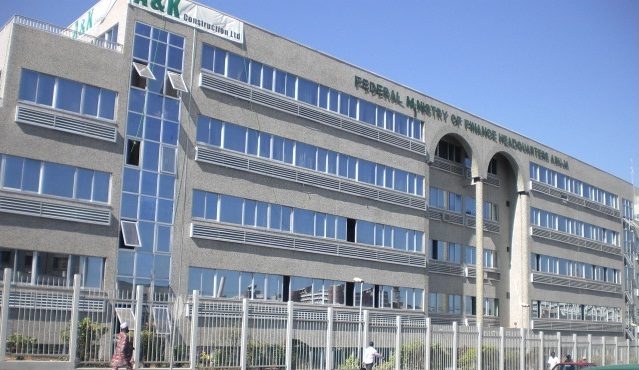The Special Offences Court in Ikeja, Lagos, again, heard a fresh bail application from Fred Ajudua, the controversial businessman standing trial for alleged fraud. The Economic and Financial Crimes Commission (EFCC) strenuously opposed the bid, telling the court it should await the resolution of a pending Supreme Court matter before entertaining any bail motion.
Ajudua, who is accused of defrauding a Palestinian national, Zad Abu Zalaf, of approximately $1,043,000, appeared in court dressed in white native attire and walking with a cane. Through his Counsel, Olalekan Ojo, SAN, he informed the court that he had filed a notice of withdrawal of his Supreme Court motion, to allow the trial court to decide on the bail application.
Ojo also drew attention to his client’s failing health, stating that Ajudua suffers from chronic kidney disease and severe hypertension, and urged the court to prioritise his bail application. The defence further tendered documents, including the withdrawal notice and affidavit in support of the bail application.
But, the EFCC, through prosecuting Counsel, Seidu Atteh, urged the court to defer ruling. He contended that the motion remains on the Supreme Court’s cause list, and insisted the trial court must be satisfied that the withdrawal is properly filed and considered by the Apex Court before proceeding.
Justice Mojisola Dada agreed with the prosecution’s position. She held that as a court of record, the trial court must be certain that the notice of withdrawal is before the Supreme Court and consider any pronouncement, before ruling on bail. Following this, the court resumed the trial, continuing the cross-examination of Afanda Bashir Emmanuel, an EFCC investigator, who testified that statements by Ajudua to the Police were part of the case file, but that no fresh statement had been obtained by the EFCC itself.
The court adjourned for further cross-examination, scheduling the next hearing for October 31, 2025. The matter has run through years of litigation: earlier, Ajudua’s case was handled at the Lagos High Court before being transferred, with multiple interlocutory motions and appeals contributing to the protracted delay.

